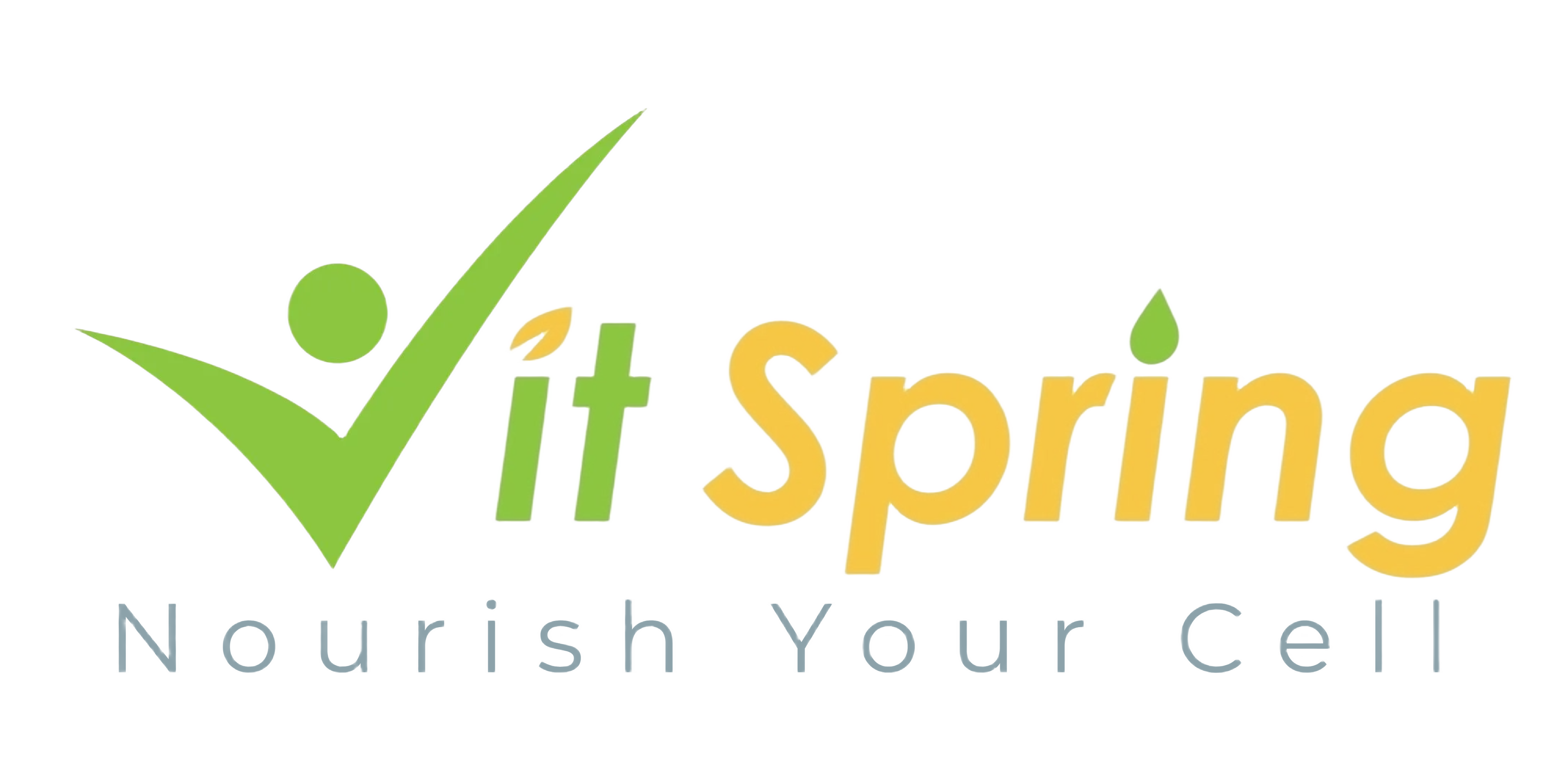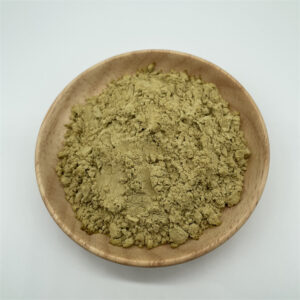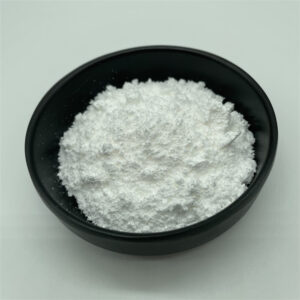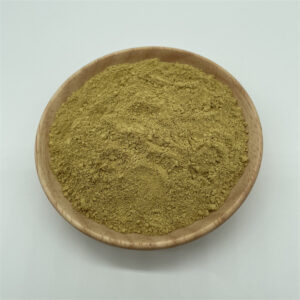Phosphatidylserine
Phosphatidylserine (PS), also known as compound neural acid, plays an important role in regulating various functions of the brain (especially memory and emotional stability), affecting the fluidity and permeability of the cell membrane, and activating the metabolism and synthesis of a variety of enzymes.
Additional information
| Name | Phosphatidylserine |
|---|---|
| CAS No. | 51446-62-9 |
| Suorce | Soybean |
| Specifications | 20%, 50%, 70%, 80% |
| Appearance | Light-yellow Powder |
| Certified | Kosher, HALAL, ISO |
| Quality | Non-GMO, BSE/TSE Free |
| Storage | Store at room temperature, tightly sealed, away from heat, light and moisture. |
Product Details:
Phosphatidylserine, abbreviated as PS, is extracted from the residue of natural soybean oil. It is an active substance of cell membranes, especially in brain cells. Its function is mainly to improve the function of nerve cells, regulate the conduction of nerve impulses, and enhance the memory function of the brain. Because of its strong lipophilic properties, it can quickly pass through the blood-brain barrier into the brain after absorption, and play a role in soothing vascular smooth muscle cells and increasing the blood supply to the brain.
In addition to this, phosphatidylserine and DHA can promote absorption of each other and play A protective role in nerve 2 A cells. Abundant phosphatidylserine can increase the fluidity of the cell membrane and promote the development of intelligence. Together with DHA, phosphatidylserine protects the central nervous system and promotes fetal mental development.
Natural PS is mainly derived from animal brain, soybean and other foods. Increasing the intake of soy can supplement PS to a certain extent, but it is very limited.








